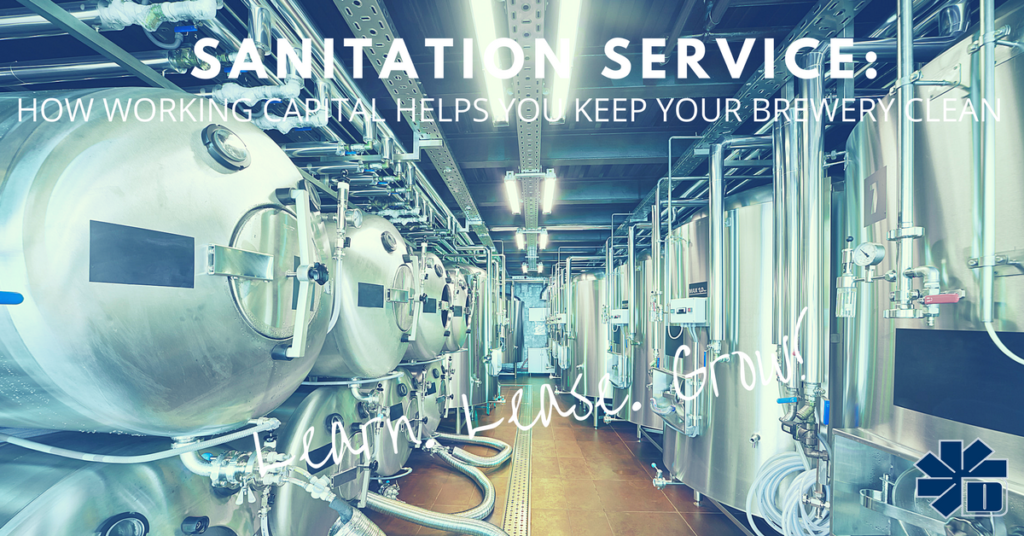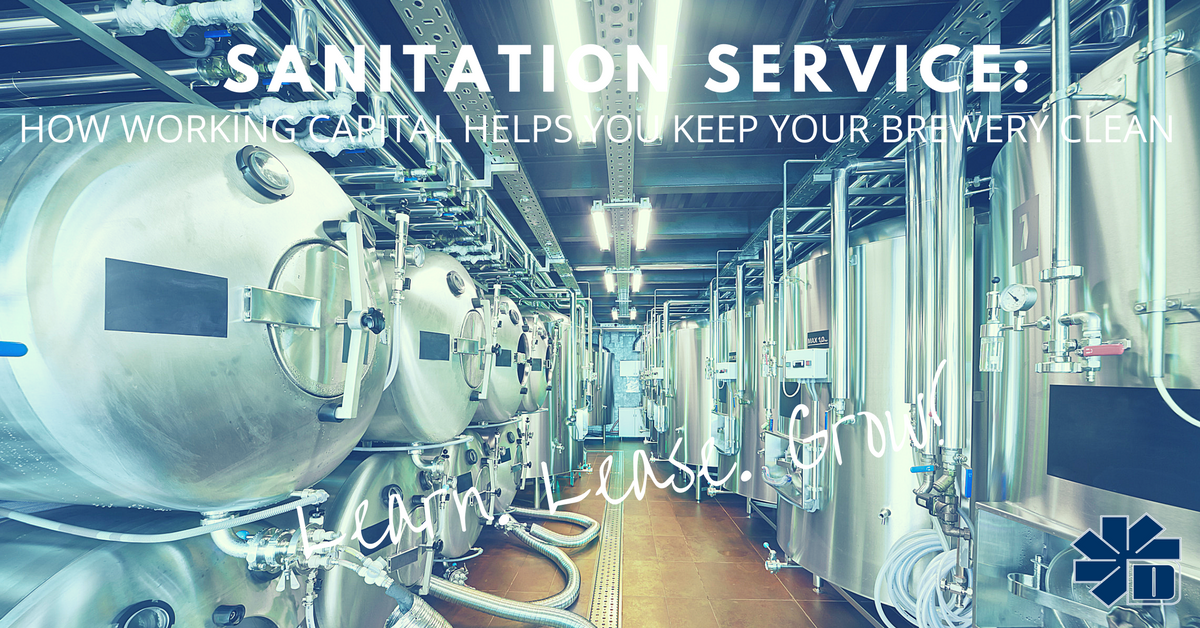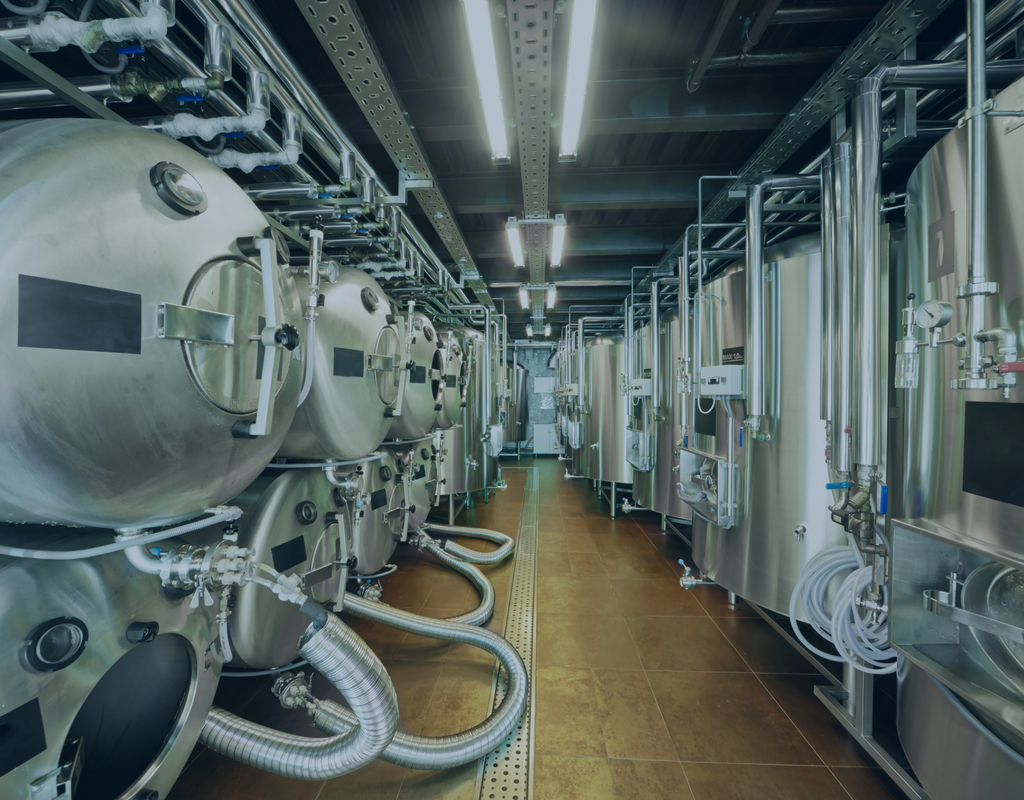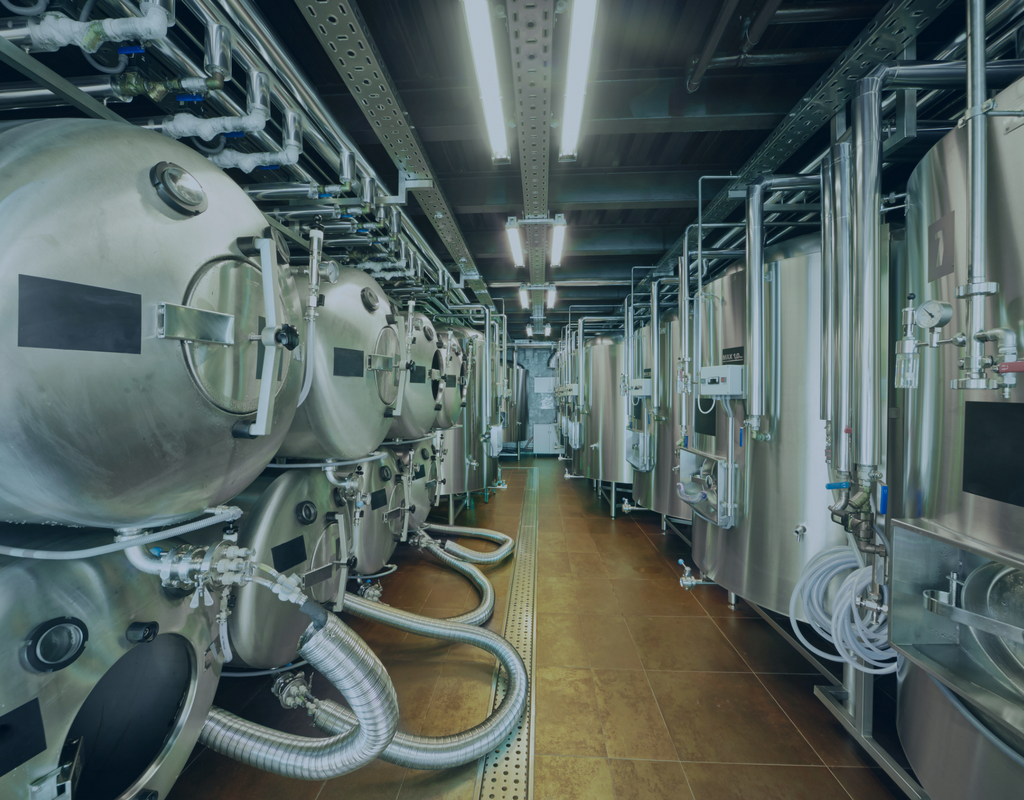Sanitation Service: How Working Capital Helps You Keep Your Brewery Clean

- February 7, 2018
- 1:00 pm
- Brewery, Equipment, Working Capital
Of all the challenges that brewers face, none are more important than the need to keep your operations clean. As a brewing company, you have a responsibility to protect your customers and employees against diseases, harmful chemicals, and anything else that could impact their health. But it’s only possible to protect them if you have advanced brewery cleaning equipment, and small companies often lack the resources to invest in such devices. Working capital lets you make the investments necessary to keep your employees and customers safe and healthy.
Shoring Up Brewery Sanitation with Working Capital
Working capital gives you the money you need to make instant improvements in your brewery. This lets you raise sanitation levels on multiple fronts, including by:
- Expanding Your Equipment– Keg washers and other advanced sanitation devices allow you to clean your brewing equipment more thoroughly and more quickly. With working capital, you will be able to buy this equipment as soon as you go into business. You can also update it whenever more advanced cleaning equipment becomes available, so that you can achieve continuous improvements in sanitation throughout your time in business.
- Enhancing Maintenance Activities– Besides investing in quality equipment in the first place, working capital gives you the funding to conduct more inspections and repairs on that equipment. This ensures that you can continue cleaning your brewery effectively over the long haul.
- Improving Your Ingredients– Health and sanitation are closely linked to the quality of the ingredients you use. Working capital gives you the financial flexibility to invest in the best possible ingredients, as well as the facilities to preserve them. This decreases the chance that anything will go wrong with the inputs you use.
In addition to helping you avoid sanitation issues in the first place, working capital makes it easier for your brewery to weather them when they do occur. Say that you discover there is something wrong with a batch of beer you produced. You will need to recall all that beer and stop production until you can figure out and eliminate the cause of the problem. All these damage control activities are highly expensive, making it harder for smaller companies with few savings to weather them. Working capital allows you to stay afloat financially until you have the problem under control and can get back to selling your brews.
Dimension Funding offers flexible working capital for breweries of all sizes, as well as insight into all the ways this funding can enhance your company. For more information or to request our services, visit our website today.
Recent Posts
- Bonus Depreciation is About to Phase Down to 80% in 2023 December 29, 2022
- Tax Benefits of Buying Equipment & Software Before December 31, 2022 December 8, 2022
- How the Inflation Reduction Act Impacts your Business and You and your Family August 16, 2022
- Recession? What Recession? July 27, 2022
- Dimension Funding Has Paperless Financing April 26, 2022














